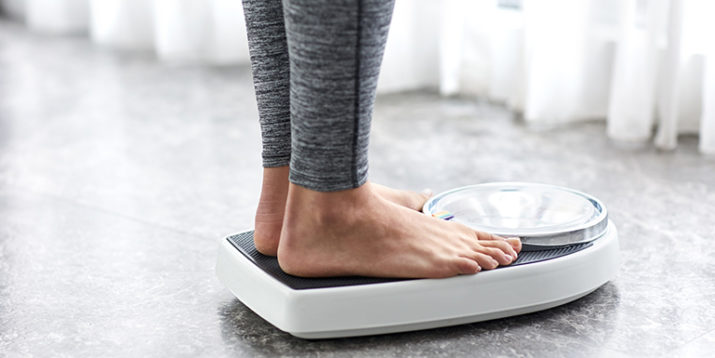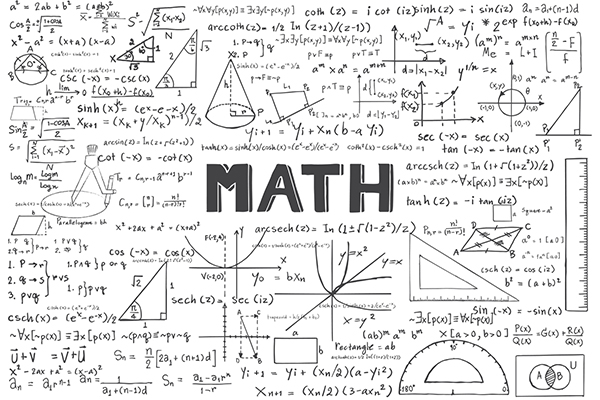Can I Predict How Much Weight I Can Lose?

Most people have a target weight-loss date — like fitting into a dress for that wedding in three weeks or feeling great in a bikini by a certain date.
But how realistic is it to hit those marks? How much weight can you lose in a week? A month? Six months?
And more importantly, how much weight can you safely lose in a certain amount of time?
The bad news: You can’t really predict exactly how much weight you’ll lose in a certain time — there are just too many variables, says Jaime Schehr, R.D. and naturopathic physician based in New York.
Workout level, workout style, muscle mass, macronutrient intake, sleep quality, stress levels, gender, genetics, medications, and alcohol intake all come into play and influence how much fat your body will both burn and hold onto.
The good news: Schehr says you can make a guesstimate of how much weight you can lose in a month, two months, or a year, for example.

How Do I Calculate How Much Weight I Can Lose?
There are a few ways you can determine how many calories you should eat, but the most common way is to calculate your resting metabolic rate (RMR), or how many calories your body burns when you’re sitting still all day.
There is a well-established formula to determine your RMR based on age, height, weight, and gender, says Robert Ziltzer, M.D., an obesity medicine physician at Scottsdale Weight Loss Center in Arizona.
Most online calculators use this formula, making them surprisingly accurate, he says.
Your RMR tells you how many calories you need to eat to maintain your current weight, but when it comes to how many you need to consume to lose weight, it gets a little more complicated.
Experts used to say a 3,500-calorie deficit equaled one pound of fat loss, a concept known as “Wishnofsky’s Rule.”
However, a 2015 study in the Journal of the Academy of Nutrition and Dietetics found this formula has a huge margin of error.
This is because it doesn’t take into consideration thermodynamics, which is all the chemical processes that affect how much energy your body burns for fuel.
The researchers added that there are indeed complex, dynamic equations that are more accurate and realistic, but most weight-loss calculators available online (the same ones that work great for determining how you can maintain your weight) don’t leverage these formulas.
They are still based on Wishnofsky’s Rule — and therefore are wildly inaccurate, Ziltzer says.
“This [rule] is a simple and easy way to gauge dietary change for consistent weight loss, but, again, there are many other factors that are influential,” Schehr says.
You could cut down to 1,200 calories a day, but if you’re crazy stressed at work and not sleeping very much, it’ll likely take you longer to lose one pound since your hormones are running rampant and your body is holding onto fat.
It’s also important to note that losing a pound of weight is different than losing a pound of fat, Schehr says.
The number on the scale could go down due to muscle loss or water weight instead of fat.
And most people will hit a weight-loss plateau during their journey and need to take additional steps to change up their diet and workout plan to keep dropping pounds, both experts point out.

So, How Much Weight Can I Lose?
The body does have the ability to lose a lot of weight quickly, but it comes at the expense of many vital processes, which means rapid weight loss can be unhealthy, says Schehr.
While restricting your calories and cutting carbs may help you drop three to five pounds a week at the beginning, this is a combination of fat and water.
Plus, severe calorie restriction can actually work against you since too massive a gap can put your body into survival mode and cause it to hold on to fat.
Schehr says a healthy and realistic goal is to lose one to three pounds a week at the beginning, which will start to taper as your body gets used to lower calorie consumption and higher calorie burn.
Sometimes, you might lose more than that, even if you’re at a healthy calorie deficit.
That’s OK too, but don’t expect this to last too long.
If your target number is far from what the scale currently reads, you may want to enlist the assistance of an obesity medicine physician, who can help speed weight loss and adjust for all the variables unique to your individual lifestyle.
According to these experts, here’s how much weight you could lose.
…After one week:
You’ll probably hit anywhere from one to three pounds of fat loss. But “the first week on any diet usually leads to loss of two to four pounds of water in addition to the fat, so that is usually the greatest weight loss,” Ziltzer explains.
…After two weeks:
You’ll likely drop one to two pounds per week, depending on your current weight (the heavier you are, the higher your RMR, so the more weight you’ll lose by cutting calories).
…After two months:
Recalculate your RMR based on your new, lighter weight, and you’ll still go strong and continue to lose one to two pounds a week.
…After four months, six months, or one year:
While you’ve been shedding pounds consistently, your metabolism has slowed because there’s literally less of you that needs to be fueled. What happens at this point in your journey can vary, but some people may hit the dreaded “plateau.”
But the good news is that there are a variety of strategies that can help you push through it, like eating more (yes!).
To make sure your metabolism remains elevated, it’s important to lose weight gradually, include resistance exercises in your workouts, and eat enough protein to maintain your now-lean body mass.
The Bottom Line
Everyone’s body (and lifestyle) is different, so you may lose weight faster or slower than someone else and vice versa.
Don’t get hung up on timeframes or timelines; make smart and sustainable food choices, exercise often, and keep your eye on the long game.
That way, you can get off the hamster-wheel of “I gotta lose X pounds in Y weeks/months!” and focus on enjoying your healthy life.
